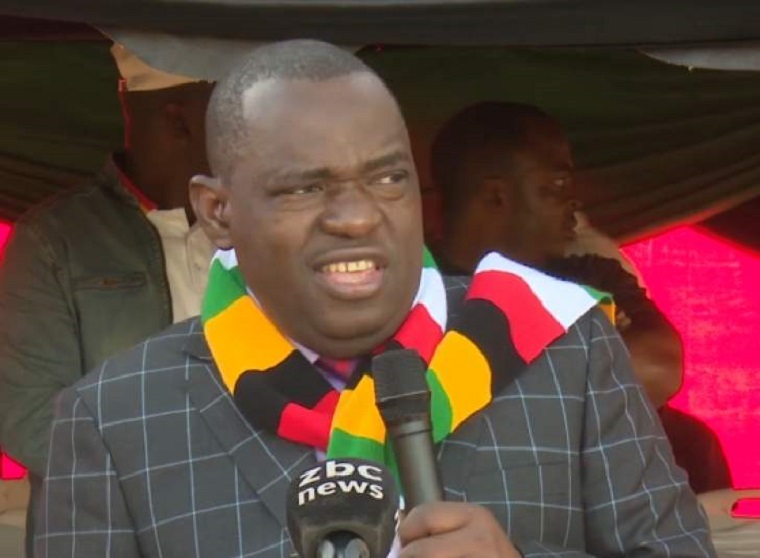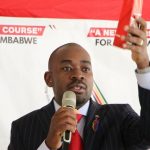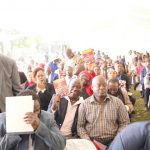 Zimbabwe’s Foreign Minister Sibusiso Moyo, who is in the United Kingdom selling the country to British investors, yesterday told members of the Westminster Africa Business Group that United States companies were now flocking to Zimbabwe because they had now realised that sanctions imposed on the country 16 years ago were not benefitting anyone.
Zimbabwe’s Foreign Minister Sibusiso Moyo, who is in the United Kingdom selling the country to British investors, yesterday told members of the Westminster Africa Business Group that United States companies were now flocking to Zimbabwe because they had now realised that sanctions imposed on the country 16 years ago were not benefitting anyone.
“The Americans have seen (the) light. They have started coming in in serious numbers in terms of corporates. They are going to build a 2 400 megawatts hydro power station,” Moyo told the investors in apparent reference to the Batoka Gorge Hydroelectric power station tender which is said to have been awarded to General Electric of the US which is working with Power China.
Moyo said he had agreed with former UK Foreign Minister Boris Johnson and Minister for Africa Harriett Baldwin that Zimbabwe and the UK should work as partners in unlocking the perception that Americans had on Zimbabwe so that the Washington could lift sanctions on Zimbabwe.
He said that sanctions were outdated and were not serving anyone. They were not serving the interests of the United States or those of Zimbabwe.
The US imposed sanctions on Zimbabwe in 2003 but insists that they are targetted at individuals but they bar the country from receiving funds from international financial institutions like the International Monetary Fund and the World Bank.
Zimbabwe has been battling to attract foreign investment since the new administration of President Emmerson Mnangagwa took over 18 months ago.
Finance Minister Mthuli Ncube argued that one of the reasons foreign investors were not coming in was the country’s use of the United States dollar as it was too strong.
Zimbabwe reintroduced the Zimbabwe dollar last month and has declared it the sole legal tender within the country but it has allowed foreign currency accounts to operate.
It has also liberated the exchange rate which has seen the local currency plunging from 1:1 to 1:9 against the US dollar on the interbank market.
The move has met strong resistance from the main opposition Movement for Democratic Change whose vice-president Tendai Biti, a former Finance Minister, insists the country must re-dollarise.
Ncube argues that the country cannot grow if it continues to use the US dollar.
(168 VIEWS)


